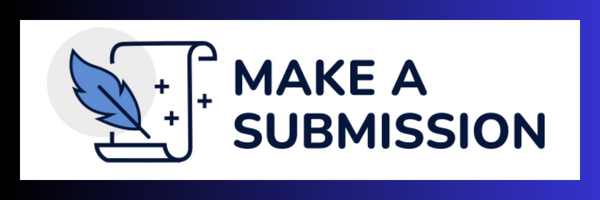Decolonizing the Digital Mind: Ngũgĩ wa Thiong'o’s Linguistic Theory and the Age of Digital Colonialism
Keywords:
Decolonization, Ngũgĩ wa Thiong'o, Digital Colonialism, Linguistic Imperialism, Postcolonialism, Digital Humanities, Cultural Identity, Digital SovereigntyAbstract
Aim: This paper argues that Ngũgĩ wa Thiong'o’s linguistic theory, especially his concept of the “cultural bomb” offers a crucial analytic for diagnosing contemporary digital colonialism. It applies Ngũgĩ’s decolonial vision, originally formulated for print culture, to the digital realm, demonstrating its continued relevance.
Methodology and approaches: This study adopts a hybrid, interdisciplinary methods, synthesizing postcolonial literary analysis with digital-studies scholarship. It examines how global technological infrastructures reproduce colonial power dynamics and impose Western epistemes via data extraction and technical design.
Outcome: The study shows that the “spiritual subjugation” Ngũgĩ described has been re-engineered through algorithms and data flows. The “cultural bomb” now operates via linguistic marginalization (for example, many AI assistants lack support for African languages) and algorithmic bias, reinforcing colonial-era messages that render indigenous cultures non-intelligible.
Conclusion and Suggestions: The study concludes that “decolonizing the digital mind” is an ongoing struggle for cultural sovereignty and self-definition. It argues that the technologies used for control can also be sites of decolonial praxis, digital language activism and cultural production thus, that Ngũgĩ’s message remains a vital guide for the digital age.
Downloads
Published
How to Cite
Issue
Section
Copyright (c) 2025 Vinayak Pathak

This work is licensed under a Creative Commons Attribution-NonCommercial 4.0 International License.













